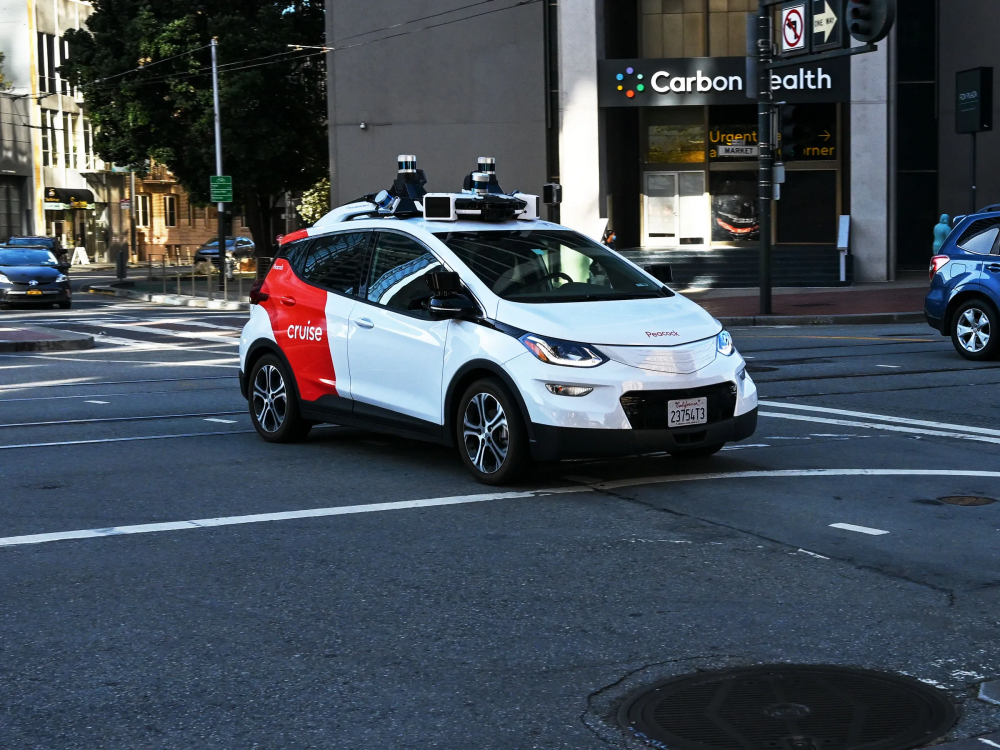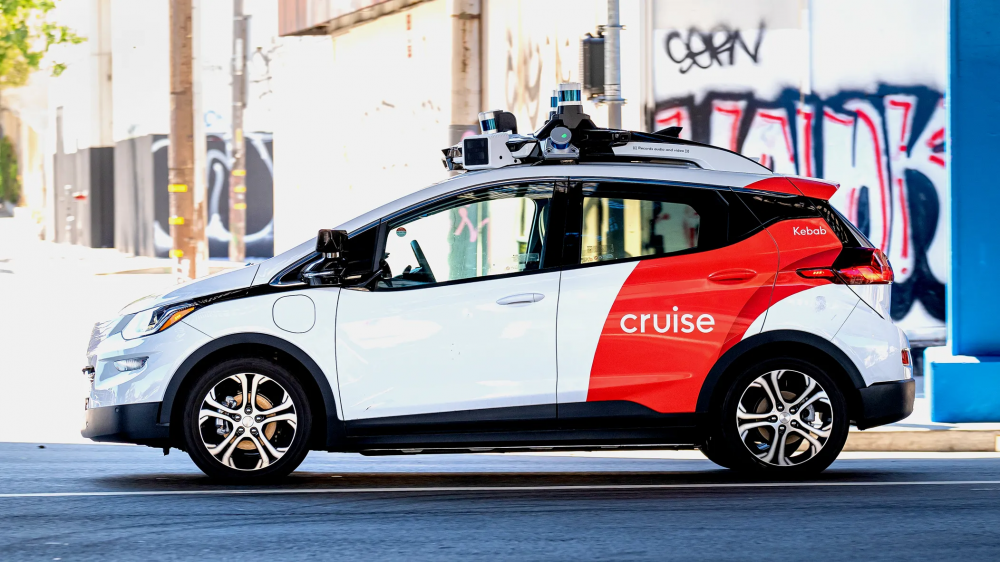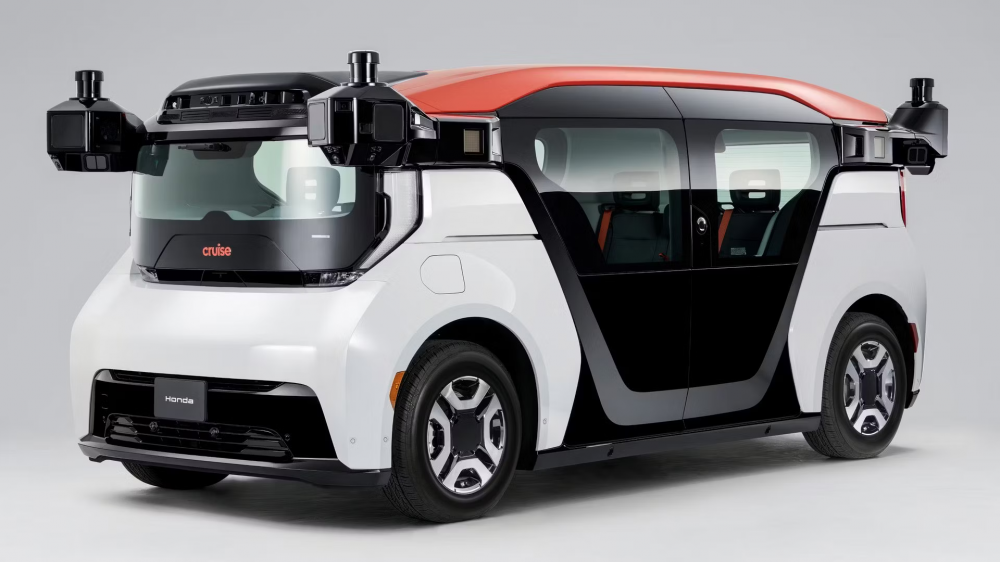GM's Cruise Begins Road Testing Self-Driving Tech Again In Arizona

by AutoExpert | 16 May, 2024
The self-driving technology of General Motors's Cruise division has resumed public road testing for the first time since October. After a number of accidents and traffic incidents—including the dragging of a hit person along the road—regulators in California canceled operator licenses at that time.
Previously, the San Francisco region was the sole location for robotaxi testing; now, a new phase of testing has started in Phoenix, Arizona, with plans to gradually expand citywide. We will only approve this if we reach or surpass certain safety standards, hoping to prevent the recurrence of tragedies that have occurred elsewhere.

To further ensure the safety of the road, human drivers will assess the vehicles while they are in motion, a practice that should ideally continue until the technology is fully refined. This is encouraging news for Cruise's self-driving technological advancements, which could eventually benefit the vehicles you and I use, but we still have a ways to go before we can say that they're flawless.

GM is hesitant to resume its robotaxi services until the validations described earlier are complete. British Columbia has outright banned the use of any Level 3+ driver assistance system on its roadways, despite the fact that Cruise will run these cars with a human backup. This is due to the widespread negative image of technology. California is one of many states in the US where legislation is afoot to have self-driving vehicles pay a fine for traffic offenses.

Angry locals in cities like San Francisco want businesses to pay for the violations they cause, even if it seems ridiculous. Sanctions are believed to encourage self-driving vehicle companies to disclose their automobiles to the public only when it is absolutely safe to do so. Despite having fewer mishaps than Cruise, Waymo remains just as vulnerable. Despite having access to a wealth of data and expertise, Tesla is still under investigation by the federal government for allegedly misrepresenting the capabilities of its Full Self-Driving supervised driver assistance system to investors and consumers.

Additionally, early adopters of autonomous motorsports are discovering that the technology remains problematic when used off-road. Despite the fact that fully autonomous vehicles won't hit the roads in large numbers for a while, the announcement that Cruise has started testing again is a huge step in the right direction.

















